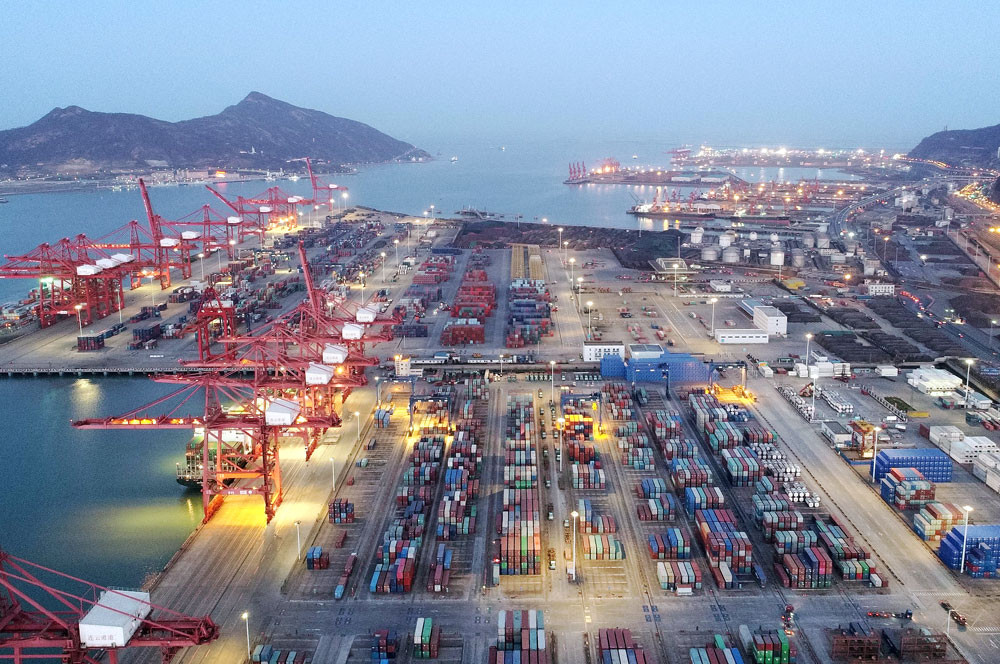Popular Reads
Top Results
Can't find what you're looking for?
View all search resultsPopular Reads
Top Results
Can't find what you're looking for?
View all search resultsBatam factories at risk as coronavirus outbreak stops shipments of raw materials from China
Batamindo Industrial Park general manager Mook Sooi Wah said about half of the 68 factories operating within the park relied on shipments from China.
Change text size
Gift Premium Articles
to Anyone
T
he ongoing coronavirus crisis has begun to take its toll on industrial activities in Batam, Riau Islands, as supplies of raw materials from China - the epicenter of the outbreak - have dried up.
Batamindo Industrial Park general manager Mook Sooi Wah said about half of the 68 factories operating within the park relied on shipments from China.
“They only have enough supplies to last them until the end of the month. If the supplies are still not replenished by then, they only have two options: connect with alternative suppliers from countries other than China, or cease operations completely,” Mook told The Jakarta Post on Tuesday.
The Batamindo Industrial Park is the first and oldest industrial park in Batam, established through a cooperation agreement between Indonesia and Singapore. The 320-hectare park is home to 68 factories owned by foreign investors and has a total workforce of about 50,000 people.
Mook said the crisis would put a significant dent on industrial activities in Batam as raw materials from China were needed for about 70 percent of what was produced in the region.
He added that a number of electronics factories ceased operation a few weeks ago because of the current situation.
“We hope [the crisis] will end soon,” Mook said, adding that the supply shortage would also affect the livelihoods of factory workers, as they would no longer be required to work overtime to maintain the rate of production, causing them to earn less.
Meanwhile, Panbil Industrial Estate general affairs manager Suyono Saputra said that several companies operating within the estate reported that shipments from China had likewise stopped a few weeks ago because of the coronavirus outbreak that started in Wuhan, Hubei province.
The 170-hectare Panbil Industrial Estate has 25 tenants, including brands such as Philips, Shimano, and TDK.
“So the tenants have been using materials that were shipped [prior to the outbreak]. If we don’t receive any new supplies, we will have to look for alternative [suppliers],” Suyono said. “There are indeed business opportunities with countries other than China, but it’s not exactly easy.”
In January, imports of raw materials and capital goods dropped by 7.35 percent and 5.26 percent year-on-year, respectively, Statistics Indonesia (BPS) announced on Monday.
China’s official death toll neared 1,900 on Tuesday, as reported by AFP, with more than 73,000 confirmed cases worldwide.
The government halted imports of live animals from China through a 2020 Trade Ministry Regulation on Feb. 7, among a slew of other policies intended to prevent the coronavirus from reaching the country. (rfa)










